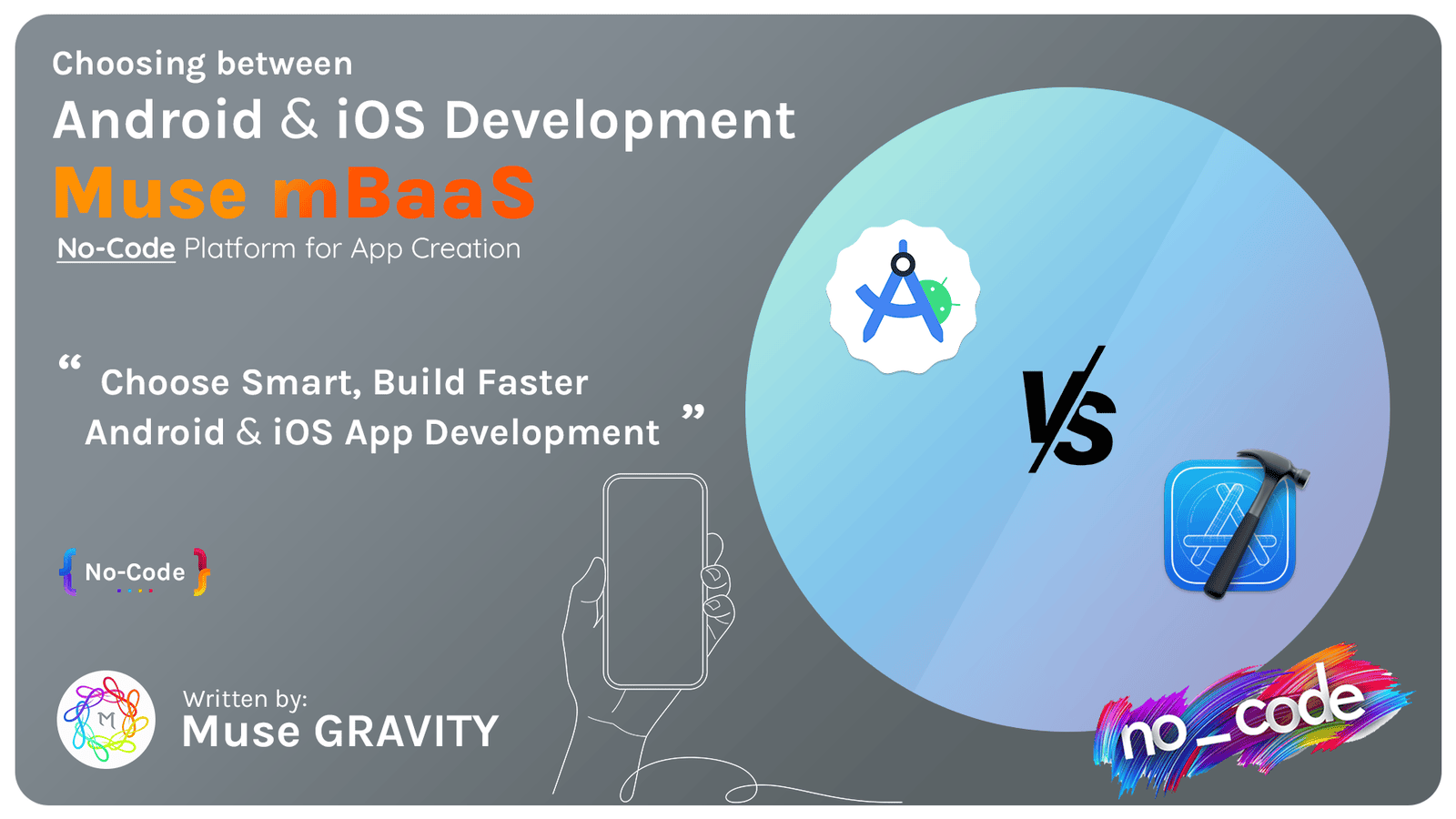
What are Android Apps?
Android apps are software applications developed for devices running on the Android operating system, owned by Google. Utilizing programming languages such as Java and Kotlin, created using Android Studio, the official integrated development environment. Android's open-source nature allows for wide-ranging customization and innovation, catering to various devices with varying specifications. These apps are typically distributed through the Google Play Store, adhering to specific guidelines and policies.
What are IOS Apps?
iOS applications are software designed for Apple's iOS operating system, used in devices like iPhones and iPads, and developed mainly using Swift and Objective-C in the Xcode IDE, distinguished by their smooth user experience and adherence to Apple's strict design and security guidelines. iOS app development benefits from a more uniform hardware and software ecosystem, simplifying the development process compared to other platforms.
What are the Differences between Android and IOS Apps?
1. Operating System and Ecosystem :
- Android: Developed by Google, Android is an open-source operating system used by various smartphone manufacturers. It creates a diverse ecosystem with multiple devices, screen sizes, and hardware specifications.
- iOS: Developed by Apple, iOS is a closed ecosystem exclusive to Apple devices like the iPhone and iPad. This results in a more controlled and uniform environment.
2. Development Languages and Tools:
- Android: Developed using Java and Kotlin; the primary development tool is Android Studio, which provides various features for coding and testing apps.
- iOS: Swift and Objective-C are the primary programming languages for iOS apps. Apple's Xcode is the integrated development environment used for iOS app development.
3. Design Philosophy and User Interface:
- Android: Offers more flexibility in design and customization due to its open nature. However, this may lead to poor app performance and design consistency across different devices.
- iOS: Known for its sleek and user-friendly interface, iOS apps adhere to Apple's specific design guidelines, ensuring a consistent look and feel across all devices.
4. Market Share and User Demographics:
- Android: Has a larger global market share due to its presence on multiple devices. It's popular in diverse markets and accessible to various socioeconomic groups.
- iOS: While having a smaller market share, it dominates in higher-income regions with users who tend to spend more on apps.
5. Monetization Strategies:
- Android: The more extensive user base provides significant opportunities for ad-supported apps. However, the revenue per user is often lower compared to iOS.
- iOS: Users are generally more willing to pay for apps and make in-app purchases, making it a more lucrative platform for developers focused on premium models.
6. App Store Policies and Review Process:
- Android: Distributed through the Google Play Store, which has a relatively more lenient review process than Apple's App Store.
- iOS: The Apple App Store has strict review guidelines and quality control, leading to a longer and more rigorous app approval process.
7. Security and Privacy:
- Android: While offering customization, its open-source nature can lead to varied security levels. Google Play Protect and other measures provide security, but the diversity of devices can introduce vulnerabilities.
- iOS: Known for its strong security and privacy features, the closed ecosystem of iOS offers robust protection against malware and breaches.
What are the Pros and Cons of Android Apps
Pros of Android Apps:
- Market Reach: Android holds the largest smartphone market share, providing global access to a vast and diverse user base. This extensive reach is beneficial for apps aiming for a broad audience.
- Flexibility and Customization: Android's open-source nature allows for greater flexibility in app development. Developers can customize apps more extensively and even alter the operating system if needed.
- Hardware Variety: Android apps can run on a wide range of devices with different screen sizes and hardware capabilities, offering more choices for users and opportunities for developers.
- Integration with Google Services: Android apps can seamlessly integrate with various Google services and products, enhancing functionality and user experience.
- Easier Market Entry: Publishing an app on the Google Play Store tends to be simpler and faster, allowing for quicker market entry.
Cons of Android Apps:
- Fragmentation: The wide variety of Android devices can lead to fragmentation issues, making it challenging to design apps that provide a consistent user experience across all devices.
- Lower Revenue per User: Android has a more extensive user base; it generally yields lower revenue per user than iOS, especially for paid apps and in-app purchases.
- Security Concerns: Due to its open-source nature and the diversity of the Android ecosystem, there can be more security vulnerabilities and concerns about malware.
- Quality Control: The Google Play Store's more lenient policy can lead to various apps, making it harder for high-quality apps to stand out.
- Resource Intensiveness: Developing for a wide range of devices and screen sizes can require more resources and testing, potentially increasing development time and costs.
What are the Pros and Cons of iOS Apps
Pros of iOS Apps:
- High Revenue Potential: iOS users are generally more willing to pay for apps and make in-app purchases, leading to higher revenue per user compared to Android.
- Uniform Hardware and Software: With a limited range of Apple devices running iOS, developers face fewer challenges in design and testing, ensuring a consistent app performance and user experience.
- Security and Privacy: Apple's strict control over its ecosystem, including app review processes and operating system design, contributes to higher security and privacy standards for iOS apps.
- Loyal Customer Base: Apple users tend to be faithful to the brand, which can translate into a more stable user base for iOS apps.
- Quality Control: The App Store's rigorous review process ensures that only high-quality apps are published, maintaining a standard that can benefit users and developers.
Cons of iOS Apps:
- Limited Customization: The closed nature of the iOS ecosystem means less flexibility for customization in app development compared to Android.
- Stringent App Approval Process: Apple's App Store has a strict review process, which can be challenging for developers as apps might face rejection or require modifications to meet the guidelines.
- Smaller Market Share: iOS has a smaller global market share than Android, which may limit the reach of iOS apps, particularly in emerging markets.
- Higher Cost of Development: Developing for iOS can sometimes be more expensive, partly due to the need for specific Mac hardware and software for development and testing.
- Platform Restrictions: Being exclusive to Apple devices, iOS apps have limitations regarding cross-platform compatibility and broader market reach.
Choosing between Android and iOS App Development with Muse mBaaS
Conclusion:
















